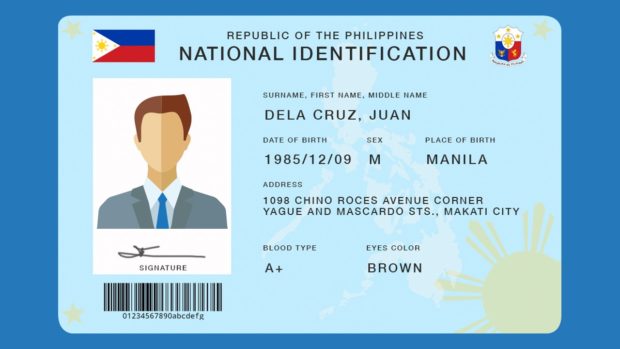MANILA, Philippines — National Economic and Development Authority (NEDA) Secretary Karl Kendrick Chua apologized on Monday and said he takes full responsibility for the technical glitch that marred the first day of online registration for the national ID system on April 30.
“First of all I would like to extend my sincerest apologies to the Filipino people for what happened. I take full responsibility, but I hope the viewers would care to listen to the story to give people some understanding,” Chua said in an interview on ABS-CBN News Channel.
Chua said the online system encountered technical issues due to an unprecedented number of applicants.
“It is a pilot, and the main reason for piloting it is to learn, and we learned a lot,” said Chua.
Chua said the system was supposed to be tested only for 16,000 simultaneous users per minute, “with ability to scale up to 35,000 users per minute.”
“But in the first minute, we saw 46,000 users. So in other words, our capacity is not enough. The demand is so much and we thank the Filipino people for patronizing and giving it importance,” he added.
Chua said they are reviewing the system to increase the load of users that the online portal can accommodate.
“The problem is really the demand. It’s like you open a new theme park or restaurant. Although you are ready for the peak during holidays or weekends, sometimes on the first day, just everyone wants to participate, and we thank them but we are very sorry also for what happened,” Chua explained.
“We assure you that we are fixing this. We have experts all over the world and we will relaunch it as soon as we can,” he added.
Chua said the online portal at register.philsys.gov.ph can still be accessed but only a few people would be able to enter the website and complete their registration.
The Philippine Statistics Authority (PSA), an attached agency of NEDA, also earlier apologized for the technical glitch that marred the launching of the online registration.
The PSA explained that the large volume of registration requests during the first minutes of the pilot run caused delays in the sending of one-time passwords needed to proceed with the registration.
The PSA aims to register 70 million individuals in the Philippine Identification System (PhilSys) by the end of the year.
According to Chua, a total of 33.3 million people have completed the first step of the national ID system registration, which requires the demographic information of applicants.
He said this was accomplished by house-to-house collection of demographic data.
Meanwhile, 6.4 million people have completed the second step of the process, which requires the biometric information of applicants.
